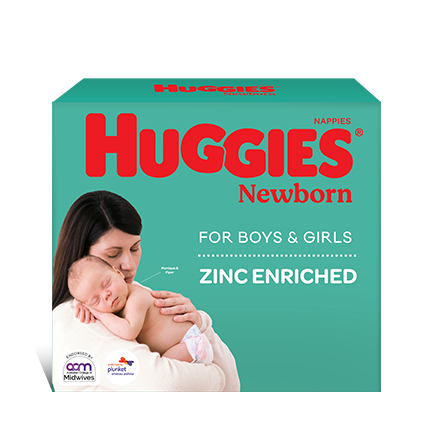An Australian Institute of Health and Welfare report found that accidental falls accounted for 42% of injury hospitalisations, making it the most common cause for children between 0-4 years of age. As young children are naturally curious and wanting to explore their surroundings, their potential for suffering a damaging fall from heights is greatly increased. In NSW alone, 8000 children are hospitalised each year due to falls and in 2010, 34 children required hospitalisation due to a fall from a window and 46 from a balcony.
Some facts about falls children suffer
- Household furniture such as lounges, beds, chairs, change tables, cots and prams are all common places from which a child might fall.
- Children between the ages of 2 and 4 are more likely to be hospitalised due to a fall.
- Summer is the season where more falls are likely to occur as people are more likely to leave windows and balconies open to let in fresh air.
- Head injuries are the second most common type of injuries, after external injuries, sustained during a fall from a window or balcony.
Preventing falls from windows and balconies
A new building construction code is due to come into effect in May 2013 in Australia and the requirements state that all windows in new houses and apartments that are two metres above ground level must either have locks that prevent them from opening more than 12.5 cm or be fitted with special, strong screens to prevent falls.
However, these regulations are only applicable for new dwellings.
To make windows and balconies a little safer in older buildings, there are several recommendations and campaigns in place to help parents and caregivers make their home a more secure place for their little ones. The ?Kids Don’t Fly? campaign was created to raise awareness and provide tangible guidelines on how windows and balconies can be made safer around children:
Window safety
- All windows above the ground floor are not to be opened more than 12.5cm.
- All windows above the ground floor are to also have latches/locks/guards fitted to ensure that the window cannot be opened more than 12.5cm.
- Where possible, open windows from the top.
- Be aware that flyscreens are not strong enough to stop a child from falling from a window.
- All furniture including beds are to be kept away from windows to prevent a child climbing on them to gain access to windows.
- Children are taught to play away from windows and be supervised at all times.
Balcony safety
- All balustrades (railings) are at least 1m high.
- The balustrades have vertical bars that are no more than 12.5cm apart and they do not have horizontal parts that would allow a child to climb on to them.
- Pot plants, furniture and other climbable objects are moved away from the edge of the balcony.
- Be aware of any furniture that may be light enough for the child to drag towards the edge of the balcony.
- Children are supervised around balconies.
- Doors to balconies are kept closed to prevent children gaining access to them.
If you live in a rented house, it is recommended that you get the landlord’s permission before making safety alterations to the property. The ?Kids Don’t Fly? campaign advises that, “by law, a landlord cannot unreasonably refuse consent for a tenant to make minor changes, such as installing window safety devices or other security features.”
Emergency first-aid and treatment for falls
If your child has accidentally fallen from a window or balcony, Dr. Dee Chohan, an Emergency Room doctor, advises taking them to the hospital’s Emergency Department straight away. “If your child is not conscious, check the breathing and pulse, but avoid moving the neck, in case of a break, and call 000 immediately,” she says.
“As an Emergency Doctor, we would be worried about head injury, which can be incredibly serious, and also be concerned to assess the neck, as there is a risk there might be a fracture to the cervical spine (broken neck). We also examine the child to make sure there are no other fractures and assess internal organs. For example, a collapsed lung or other serious injury may not be visible to the average person,” she says.
Unfortunately, sometimes falls can be fatal, especially if they sustain a major head injury, says Dr. Chohan, which is why taking preventive steps is of utmost importance.
Useful resources
This article was provided by Lakshmi Singh, a freelance writer and a mother of two.
Last Published* June, 2024
*Please note that the published date may not be the same as the date that the content was created and that information above may have changed since.























